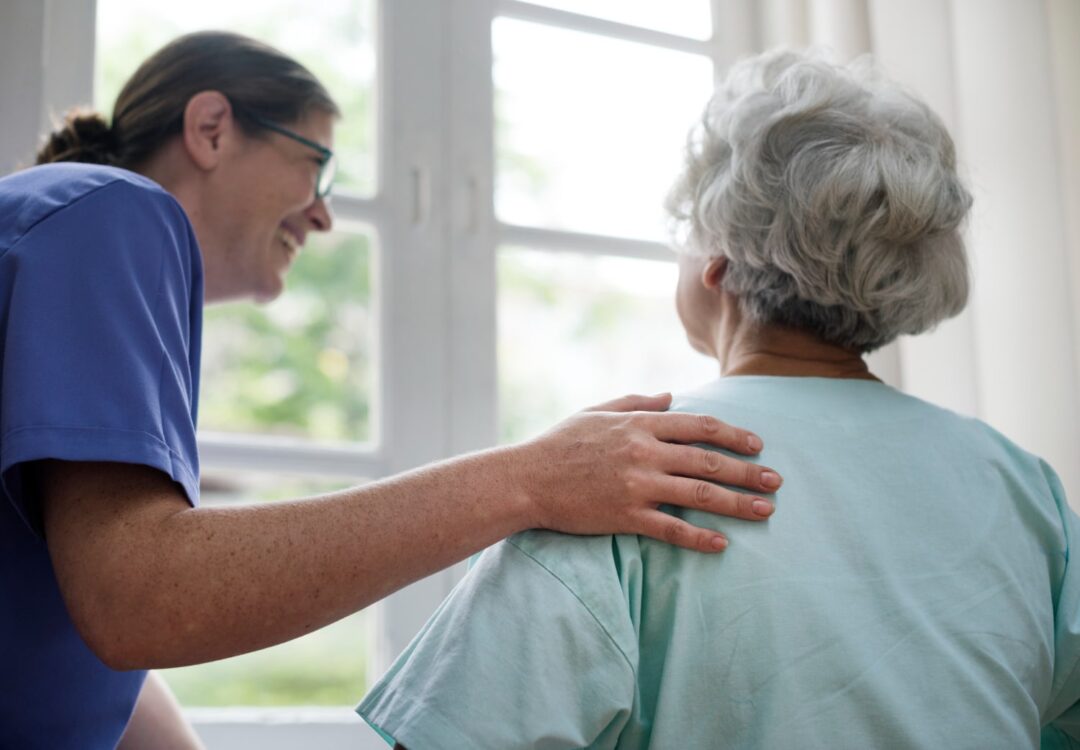The government has announced that guidance for care homes in England has changed. From now on care workers are allowed to work in more than one care home if there are ‘capacity concerns and to ensure continuity of care.’
Pre-pandemic care worker rules
Before the pandemic, care workers often worked in multiple care homes because they were on zero-hour contracts. Furthermore, larger care providers used to frequently move their staff around multiple care homes.
March 2021 care worker rule changes
In March 2021, the government made the decision to restrict the routine movement of care workers around multiple care homes to help reduce the spread of infection and Covid-19 in particular. At this time care workers were only allowed to move around care homes in exceptional circumstances.
Current care worker guidance
The government has now updated its guidance on the circumstances ‘in which some movement of staff may be cautiously permitted’. In the guidance, it states that ‘this enables providers and local authorities to plan proactively for specific service requirements or capacity concerns and to ensure continuity of care.’ Now care homes will not need to limit the movement of their staff if they are not providing direct nursing or personal care. These roles include:
- Admin staff
- Cooks
- Cleaners
- Managerial staff
Despite this, the routine movement of care workers providing personal or nursing care is still banned. Unless care homes have periods of unplanned staff absence and capacity becomes a concern then movement is allowed.
Specialist trainers and educators ‘who ensure the continued quality, knowledge, and skills within staff teams are maintained and staff with additional, specialist training to meet a person’s needs that could not be delivered by other staff’ are also allowed to work across multiple care homes.
Care workers can also move if there is a specific risk to an individual’s wellbeing. For example, if individual needs to be cared for by a particular care worker they recognise.
All care workers that move between care homes must be fully vaccinated (unless medically exempt) and have a negative lateral flow test at the beginning of the working day.
How can we help?
At Hawsons our dedicated team of specialist accountants and tax advisors offer a wealth of experience in the care sector including residential homes, nursing homes and other specialist care services.
Our in-depth knowledge and understanding of the sector is applied and we work closely with our clients, ensuring that changes in the care sector are recognised promptly and appropriate strategies implemented and actions taken. We recognise that no two homes are the same.
We have extensive experience of providing clients with the required support and advice from the initial acquisition and investment structures, reducing future taxation and enhancing tax relief opportunities.
Related news
Tax Implications of Farm Diversification
Farmers are increasingly seeking ways to stabilise their farm income and ensure the sustainability of their agricultural businesses. Farm diverification is one strategy farmers are using to achieve this. Diversifying a farming business involves branching out into new...
Succession Planning for Farms
Have you thought about succession and the long-term plans for your family farm? As agriculture makes up the highest concentration of family businesses passed through the generations, it is no surprise that succession is a key issue and is something farmers need to...
What does an accountant do?
In the UK, Chartered Accountants play a crucial role in financial management for businesses and individuals alike. They are responsible for preparing and examining financial records, ensuring accuracy and compliance with relevant regulations. Chartered Accountants...





